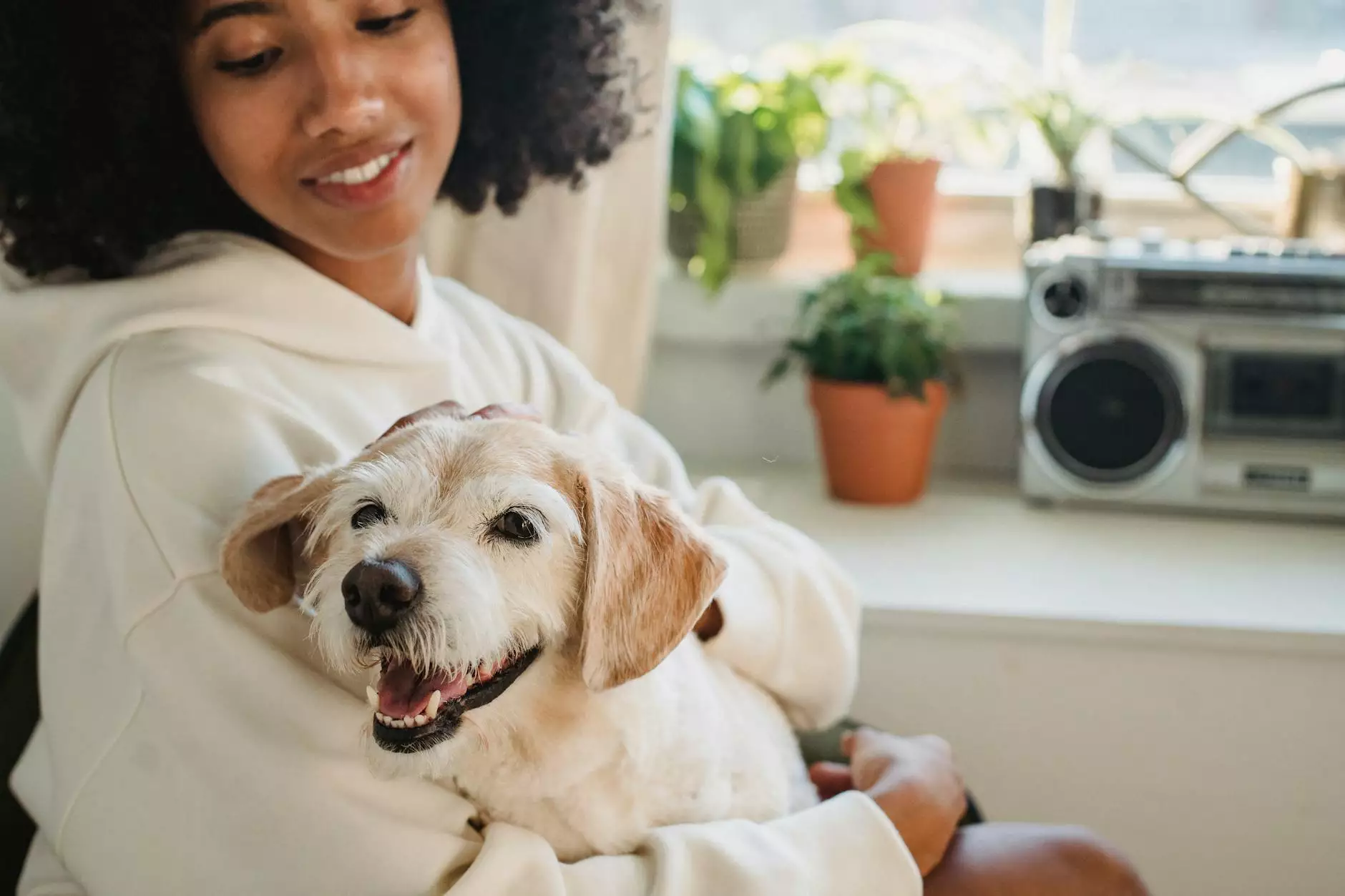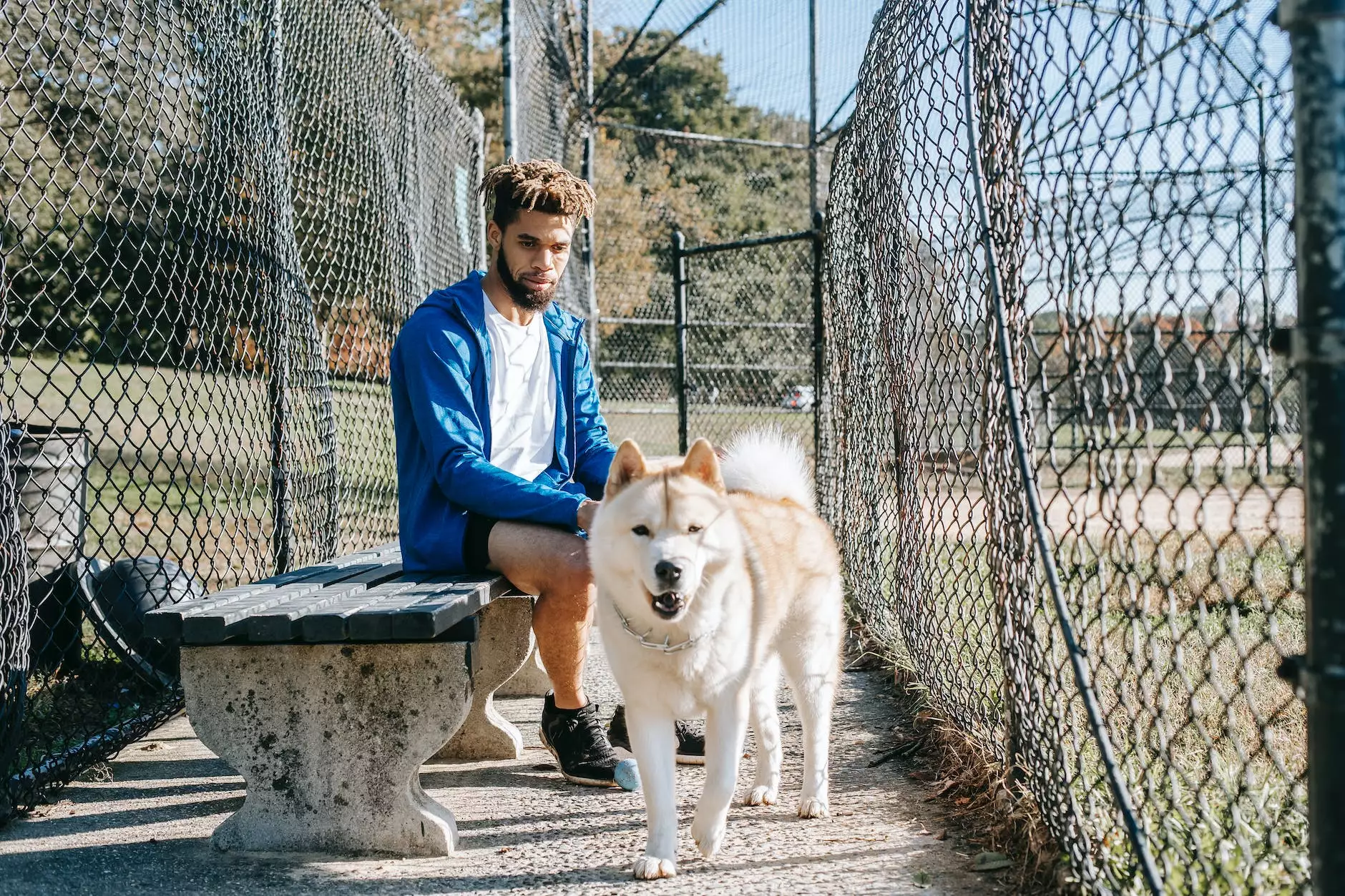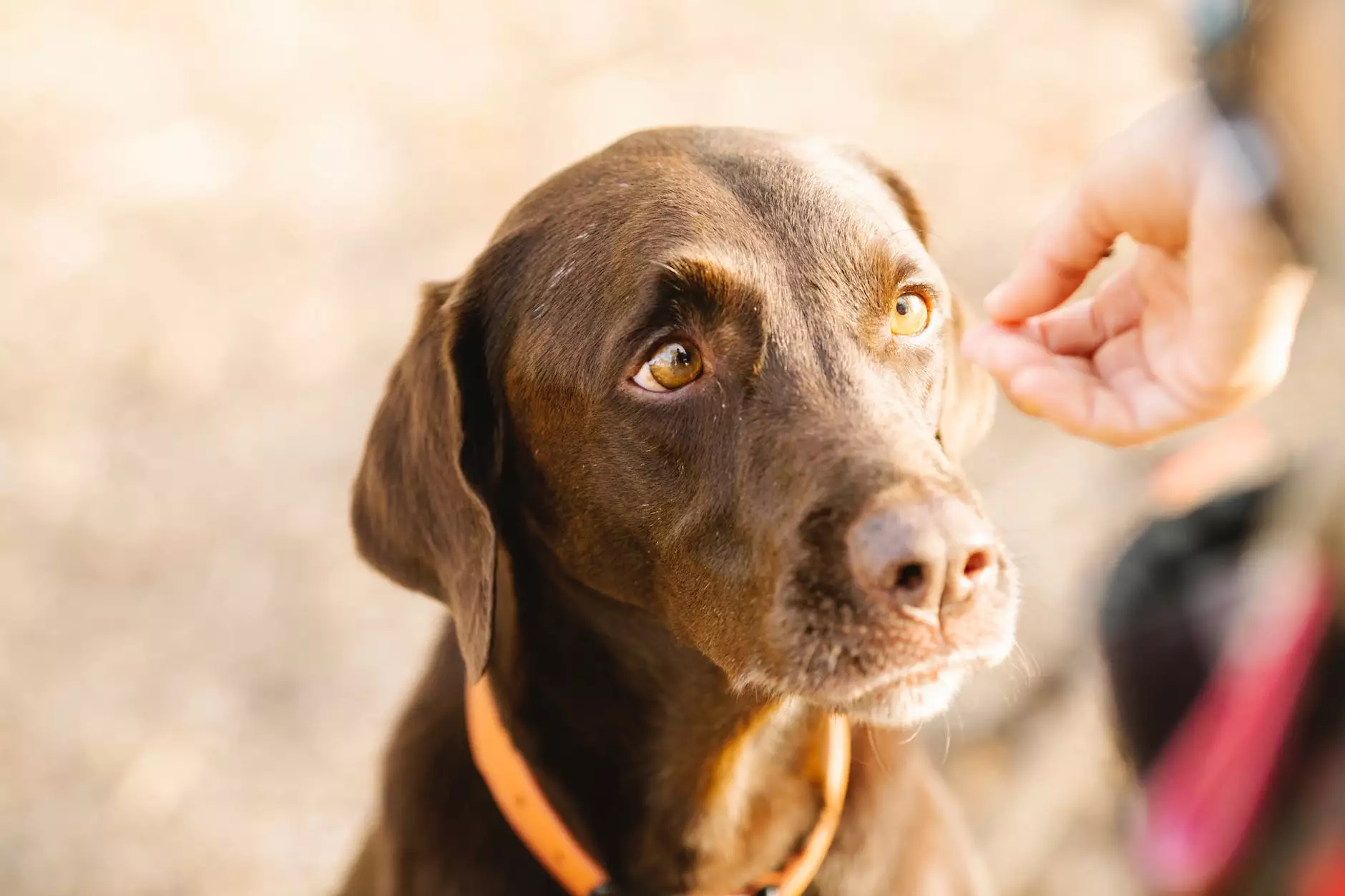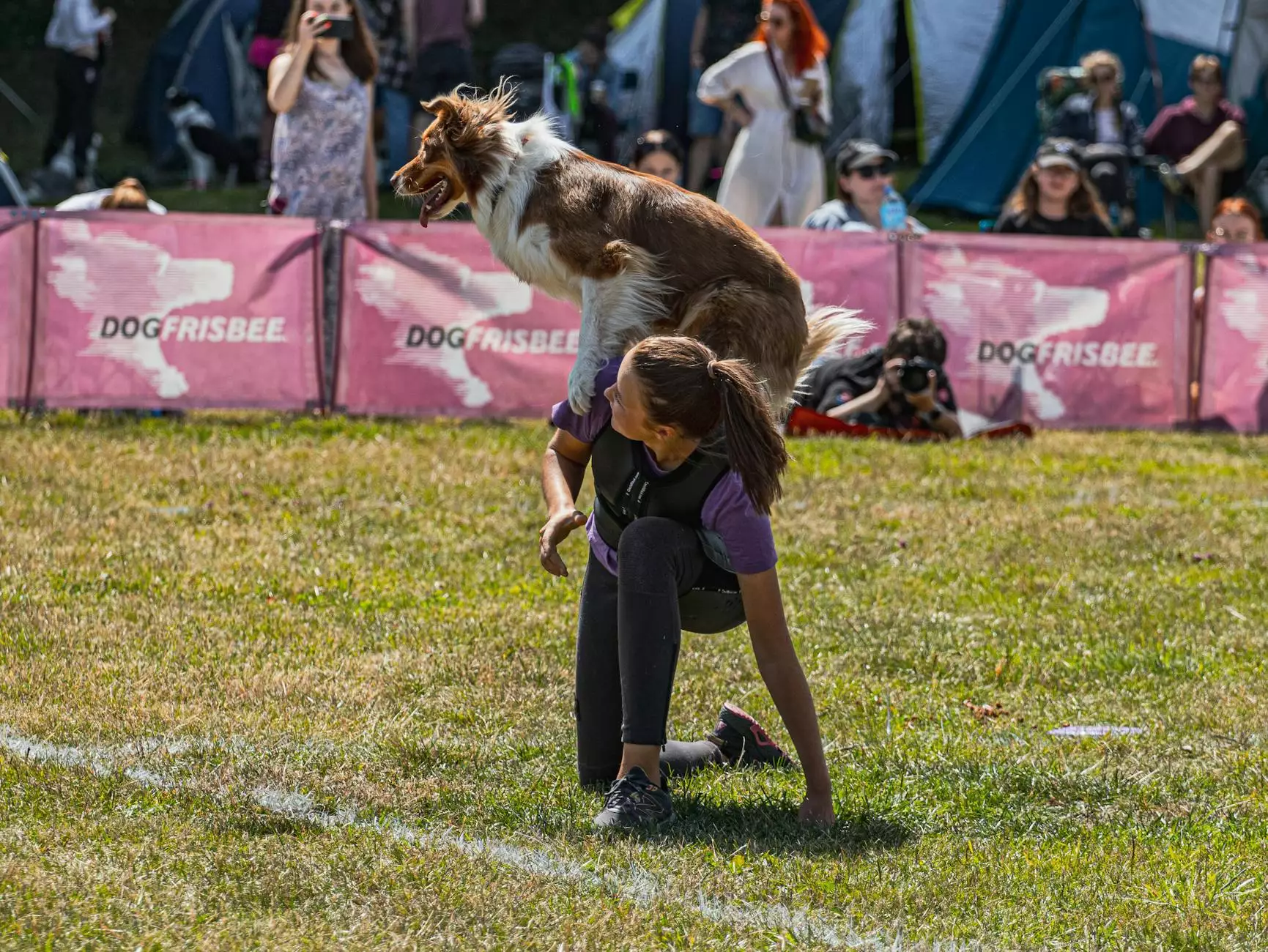Well, that Stinks! What to do When Your Dog Gets Sprayed
Dog Care
Introduction
Welcome to Wisconsin Adventures, your ultimate guide to travel and tourism in the beautiful state of Wisconsin!
Dealing with Skunk Sprays
Skunk sprays are not only unpleasant but can cause a great deal of discomfort to your furry companion. In this article, we'll provide you with expert advice on what to do when your dog gets sprayed by a skunk.
Recognizing the Signs
The first step in dealing with a skunk spray is to recognize the signs. If your dog suddenly starts emitting a pungent odor that resembles rotten eggs, it's likely that they've been sprayed by a skunk. Other signs may include excessive drooling, rubbing their face against furniture or the ground, and watery eyes.
Stay Calm and Isolate
It's important to stay calm and avoid panicking when dealing with a skunk spray incident. Instead, gently separate your dog from other pets or family members to prevent the spread of the smell.
Check for Injuries
While skunk sprays generally don't cause serious harm, it's still crucial to check your dog for any injuries or signs of irritation. Carefully examine their eyes, nose, and mouth for any redness, swelling, or discharge. If you notice anything concerning, it's best to consult your veterinarian.
Protective Gear and Ventilation
Before proceeding with the de-skunking process, make sure to wear protective gear, such as gloves and old clothing, to avoid getting the odor on yourself. Additionally, open windows and doors to provide proper ventilation and prevent the smell from lingering in your house.
The De-skunking Process
To effectively remove the skunk odor from your dog, follow these steps:
Step 1: Contain and Restrain
Gently restrain your dog or place them in a secure area to prevent them from spreading the odor further.
Step 2: Pre-Rinse
Thoroughly wet your dog's fur with water before applying any de-skunking solution. This helps to dilute the skunk oil and makes the subsequent steps more effective.
Step 3: Homemade De-skunking Solution
Create a homemade de-skunking solution by mixing the following ingredients:
- 1 quart of 3% hydrogen peroxide
- 1/4 cup of baking soda
- 1 teaspoon of liquid dish soap
Step 4: Apply Solution
Apply the de-skunking solution to your dog's fur, making sure to work it into a lather. Be careful to keep the solution away from your dog's eyes, nose, and mouth.
Step 5: Rinse Thoroughly
Rinse your dog's fur with water until the de-skunking solution is completely washed out.
Step 6: Neutralize the Odor
To further neutralize the skunk odor, you can wash your dog with a pet-friendly shampoo or use a specialized odor-neutralizing spray.
Step 7: Dry and Monitor
After the de-skunking process, dry your dog thoroughly and keep an eye on them for any signs of skin irritation or discomfort. If necessary, consult your veterinarian for additional guidance.
Preventing Skunk Spray Incidents
While skunk spray incidents can happen unexpectedly, there are some preventive measures you can take to minimize the chances:
- Keep your dog on a leash during walks, especially in areas known for skunk activity.
- Secure your trash bins properly to discourage skunks from rummaging through them.
- Make sure your property is free of food sources that attract skunks, such as fallen fruits or unsecured pet food.
- Keep your dog's outdoor living area well-lit, as skunks are nocturnal creatures.
- Consider using skunk deterrent sprays or devices in areas frequented by skunks.
Conclusion
Dealing with a skunk spray can be an unpleasant experience, but with the right approach and proper de-skunking techniques, you can quickly restore your dog's fresh scent. Remember to stay calm, take preventive measures, and reach out to professionals if needed. Wisconsin Adventures is here to provide you with valuable tips and insights for all your travel and pet-related needs!










